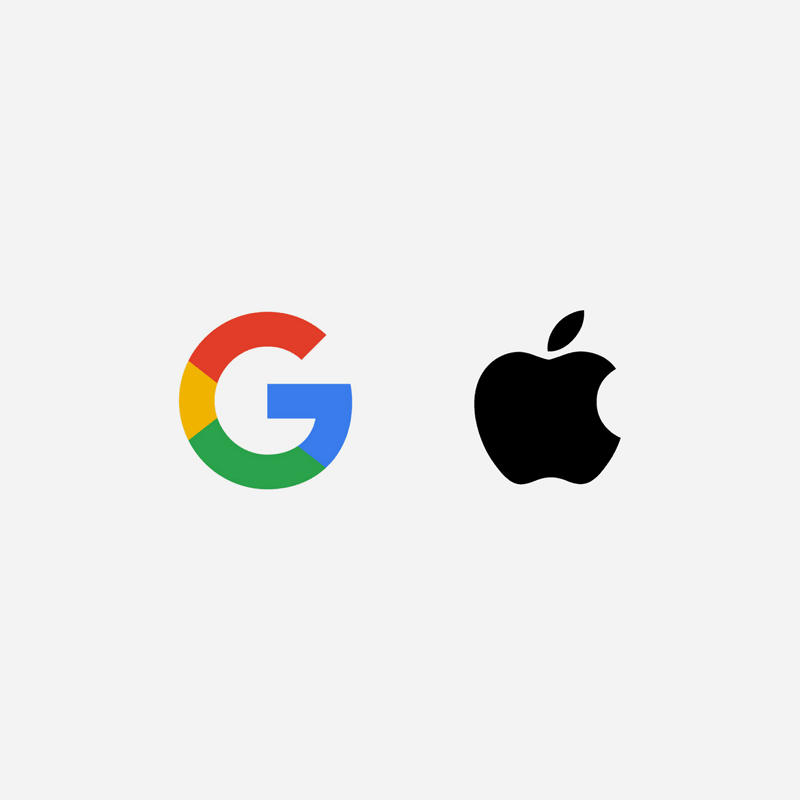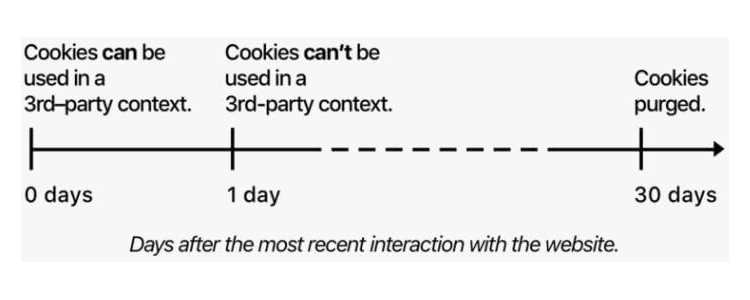
Google thrives as a business on the web by selling advertisements.
How can the internet giant shows ads that are relevant and appealing to viewers? One of the answers, is by tracking and personalizing people to know their interests.
On the other side of the story, one of the major web browsers available is Safari. Developed by Apple, it had introduced Intelligent Tracking Prevention (ITP), an initiative aimed at limiting third-party trackers from capturing cross-site browsing data. The method uses machine learning-powered tracker blocker.
While this is certainly a good move from Apple, but for Google, it isn't. With Safari's ITP, Google's ad performance may have implications in performance and can suffer.
As a solution, the search giant updates some of its trackers, and also their ways to capture and report on conversions in AdWords, in response to Apple's Safari ITP update. Namely, Google has updated its Google Analytics cookie so that it can be used to capture campaign and conversion data from Safari in a way that conforms with ITP.
According to Chi Hea Cho, a Google spokesperson:
"These changes are designed to work for all browsers, but are timed to adapt to the new settings Apple is introducing. Our goal is to limit interruptions to our users’ experiences and to preserve our partners’ ability to evaluate their investments in digital advertising. As always, giving users choice and control of their data and how it’s used is a top priority for us."
Intelligent Tracking Prevention (ITP) makes third-party cookies that are determined to be able to track users across sites, to only be available for use for 24 hours from the time a user visits a website via Safari. After that 24 hours, the third-party cookies can only be used for log-in purposes.
The cookies are then purged entirely after 30 days.
What this means, unless websites can convert users to buyers within 24 hours after visiting an advertisers' website, after clicking on an AdWords ad, for example, the conversion attribution will be lost.
This can be a big problem for Google since Safari accounts to about 50 percent of mobile web traffic share in North America. In short, Apple's ITP has the potential to cause havoc on mobile ad conversion attribution.
Because ITP main purpose is to limit pervasive re-targeting practices rather than disrupting advertisers' ability to track ad campaign performance, Google is addressing ITP with a method in keeping with Apple's guidance around ad attribution.

Another thing is that, the one-day window opens a key opportunity for the web’s most popular services and the companies that control them and puts ad tech companies with which users don’t have direct interactions at a big disadvantage.
This is because the solution by Apple aims to plug the loophole of using first-party cookies or other tactics to transmit data limiting tracking and skirt the third-party cookie blocking.
With the update, Google services can keep its tracking capabilities persistent. Facebook's activity largely happens inside its app, so here traffic won't be affected by the change. With both Google and Facebook sitting at the top of the advertisement food chain, ITP can hurts every other ad providers.
The new Google Analytics cookie is called the _gac cookie. It extends the previous Google Analytics tracking to include AdWords conversion tracking. The updated Analytics will store ad click information when auto-tagging is enabled.
The big difference here is how the cookie is handled.
Previously, the conversion cookie is set on the Googleadservices.com domain, which means it is considered a third-party cookie. With the update, Google sets the _gac cookie on the advertiser's own domain. This way, it becomes a first-party cookie, and acceptable to ITP.
To ensure conversions are reported accurately in AdWords account, Google is making three changes:
- If auto-tagging is enabled and users have Google Analytics tag on their website, Google sets the updated Google Analytics cookie on that site's domain.
- AdWords continues to report conversions for users who have recently interacted with Google services and domains.
- AdWords also uses statistical modeling to estimate website conversions that could not be measured from Safari. Google recommends that users include them in their AdWords reporting.